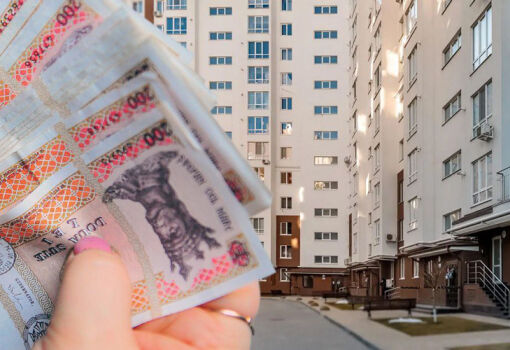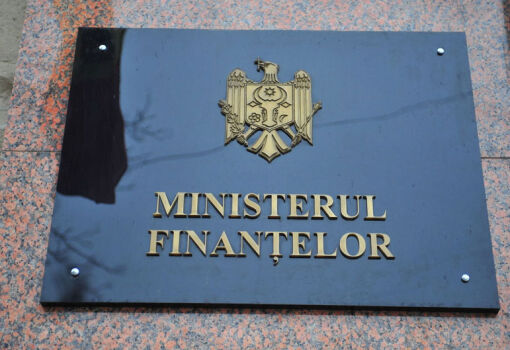
Recall that the dual education system implies joint participation of the state and employers in the training of future employees. The Chamber of Commerce and Industry of Moldova as a partner of the Ministry of Education works with employers in this direction, and compensations are issued by the Organization for the Development of Entrepreneurship (ODA).
In general, the state’s expenditures on vocational education and training are increased by 17.5% in 2025. In monetary terms, the total sum amounted to 1 billion 500 million lei. This year, it is 300 million lei more than last year. This sum includes all the support – the expenses for the increase in the prices of energy resources, the increase in teachers’ salaries, as well as the provision of educational institutions and laboratories with the necessary equipment. According to the Vice-Minister of Education, the number of students has also increased this year – by more than a thousand people in the entire system of vocational education. It includes not only vocational schools and colleges, but also professional development centers, where the unemployed can get a new profession. These three structures train specialists for the Moldovan labor market.
“We strive to increase the role of vocational education, first of all, in the regions,” notes Liudmila Stihi. – So that students can study at home with the prospect of subsequent employment at these enterprises and stay there to work”.
At first glance, the situation is paradoxical. On the one hand, business in recent years has been literally shouting about the shortage of workers, while on the other hand, it does not take advantage of the benefits offered by the state for those who invest in reducing this shortage. As experts explain, the reasons are that the system of dual education is still not mediatized to the extent that all entrepreneurs believe in it. But no less important is the fact that part of the efforts and costs are borne by the enterprise. And not all companies can afford it. The practice confirms this in reality. According to Ludmila Petrushan, director of the vocational school in Hincesti, where specialists for catering companies are trained, Franzeluta, Panilino, Dulcinella, i.e. only large companies have signed contracts with the school.
The legislation does not oblige companies to participate in the dual education system.
“We believe that companies should be motivated to do so,” says Elena Movileanu, head of the dual education department of the Chamber of Commerce and Industry of RM. – Therefore, we work on informing them about the possibilities and advantages of dual education. Moldova has developed a normative framework that regulates the provision of compensations for economic agents included in the system. For two consecutive years, the state allocated 10 million lei for this purpose. In 2023, 3.5 million lei were utilized, and in 2024 – 4.5 million lei. We tried to mediatize the granting of state subventions as much as possible. As a result, 36 companies applied in the first year, and the following year there were 46″.
The reason is that not all companies were able to document the relevant costs of the enterprise, not all were ready to provide students with everything they needed, including infrastructure and premises, as well as the services of a master who would have the appropriate qualifications. And not all companies paid students a stipend equal to the minimum wage. Today, a company that is involved in the system must be certified to provide the necessary minimum for trainees.
“We are constantly improving the procedure of applying for compensation,” continues Elena Movileanu. – It is maximally simplified and takes place in electronic format. And this year it has been extended so that companies could prepare. And, what is very important, if until now the state covered 30% of the student’s scholarship, this year the amount will increase to 50%”.
As for the purchase of equipment for training, companies can participate in international projects that involve a grant component. Companies are offered funding of about 20 thousand euros.

